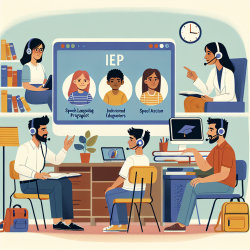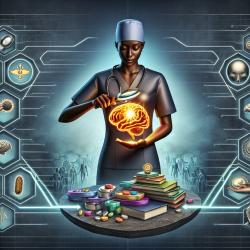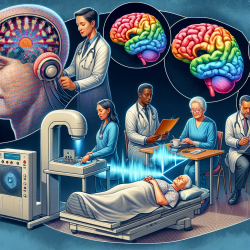The COVID-19 pandemic has been a catalyst for change across various sectors, including education and therapy. The transition to online platforms posed significant challenges, especially for those unprepared for such a swift shift. A recent study on hospitality and tourism lecturers provides valuable insights into coping strategies that can be applied in the realm of online therapy.
Understanding the Challenges
The study titled "HOW the tourism & hospitality lecturers coped with the transition to online teaching due to COVID-19" highlights the stressors faced by educators during this transition. These included feelings of working constantly, stress from online teaching, irregular working hours, and concerns about personal and family health. Such stressors are not unfamiliar to therapists who have had to adapt their practices to virtual formats.
Coping Strategies: Avoidance vs. Approach
The research utilized the Brief-COPE scale to categorize coping strategies into two types: avoidant and approach coping. Avoidant strategies often led to negative outcomes such as increased stress and anxiety. In contrast, approach coping strategies were associated with positive emotional results like well-being and resilience.
- Avoidant Coping: Includes self-distraction, venting, and self-blame. These strategies often exacerbate stress and should be minimized.
- Approach Coping: Involves planning, active coping, acceptance, and seeking support. These methods are linked to better emotional health and should be encouraged.
Applying Insights to Online Therapy
The findings from this study offer valuable lessons for online therapists:
- Embrace Planning: Like educators who successfully transitioned by planning their online courses, therapists can benefit from structured planning of their sessions.
- Cultivate Acceptance: Accepting the current reality of virtual interactions can reduce frustration and enhance therapeutic effectiveness.
- Pursue Active Coping: Engage actively with clients through interactive tools and techniques that foster engagement despite physical distance.
The Role of Emotional Intelligence
The study underscores the importance of emotional intelligence (EI) in managing stress effectively. For therapists, developing EI can enhance empathy, improve client interactions, and lead to better therapeutic outcomes.
The Path Forward
This research opens avenues for further exploration into how different sectors can learn from each other's experiences during crises. Online therapists are encouraged to delve deeper into these findings and explore additional research on coping strategies that could enhance their practice.










